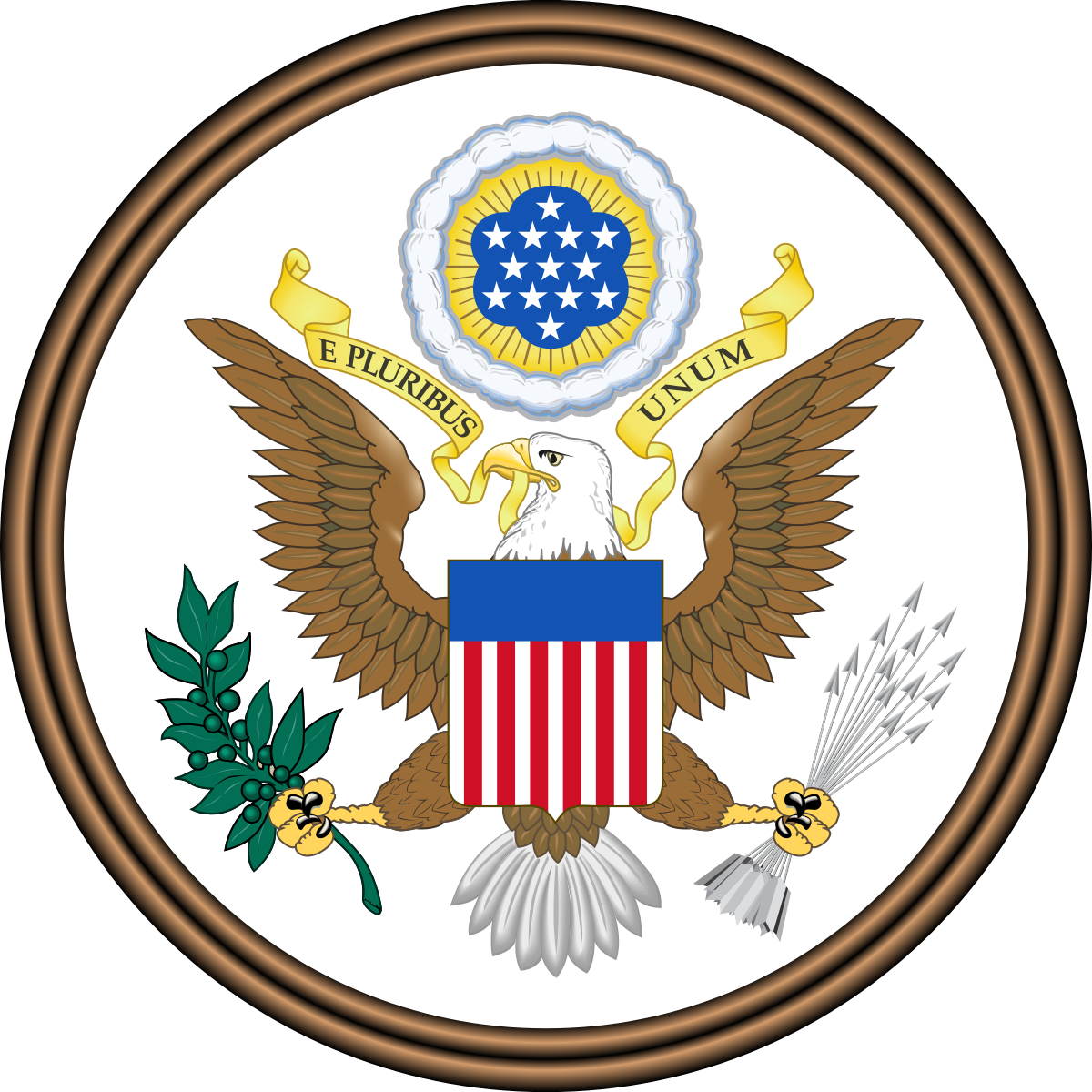
I Have Three Words for Americans
I have three words for Americans.
I offer them as a humble foreigner. I didn’t make them up. I’ve known them for years. The first time I heard them might have been when the Wizard of Oz promised to personally take Dorothy Gale from Oz back to the other side of the rainbow, where they would both be home.
They aren’t English but they are easy to translate.
Americans know them already. They carry the words with them when they carry cash. The words are ubiquitous, decorating the seal of the country and, by extension, the seals of the President, Vice President, Congress, House of Representatives, Supreme Court, and the cover of official documents, including the Passport.
After the signing of the U.S. Declaration of Independence, John Adams, Benjamin Franklin and Thomas Jefferson were tasked with designing a seal for the new nation.
Bald eagle. Check. Thirteen stars for the thirteen founding colonies. Check. And the three words, suggested by a French citizen, Pierre Eugene du Simitiere, to the committee responsible for developing the seal.
The origin of the words is murky. At the time of the American Revolution, they were often on the title page of the Gentleman’s Magazine, founded in 1731 in London England, which collected articles from many sources into one periodical. St. Augustine used a variant of the phrase in his Confessions. Some trace the words, but in a different context, to a poem Moretum by Virgil. Virgil was big in colonial America.
The words have resonance in the writings of Aristotle when he talked about the dynamic of a family, not a country.
At any rate, by 1792, the U.S. Congress approved the final version of the seal, and the words became the unofficial, de facto motto of the new country formed when a bunch of colonies banded together.
The words? Just thirteen letters. E Pluribus Unum. Latin for “Out of many, one”.
As the nation grew, the motto morphed from denoting a consolidation of colonies to the melting pot of the country itself – that to be American is not a reflection of national origin, race, religion or gender but a value articulated in the Declaration of Independence that everyone is equal. America, not unlike my home and native land of Canada, is made of a marvellous plurality of parties and pursuits.
In 1956, Congress passed an act that sought to rebuff the rise of godless Communism and adopted the theocratic motto In God We Trust.
But here’s my point. The clash of cultures we are seeing in America is, sadly, the dissonance between E Pluribus Unum and In God We Trust.
Frankly, I don’t understand why one of the Democratic candidates for President, who might even now be scratching his or her head to come up with a catchy phrase to counter the MAGA trope of Trump, doesn’t just go with these original words.
They are Latin. They are classy. They say all that is wonderful about the American experiment. E Pluribus Unum.
So there you go. You don’t have to thank me. They’ve been there all along. I just thought I’d point them out to Americans.
The words might even fit on a hat. Then again, maybe not.
Post a comment